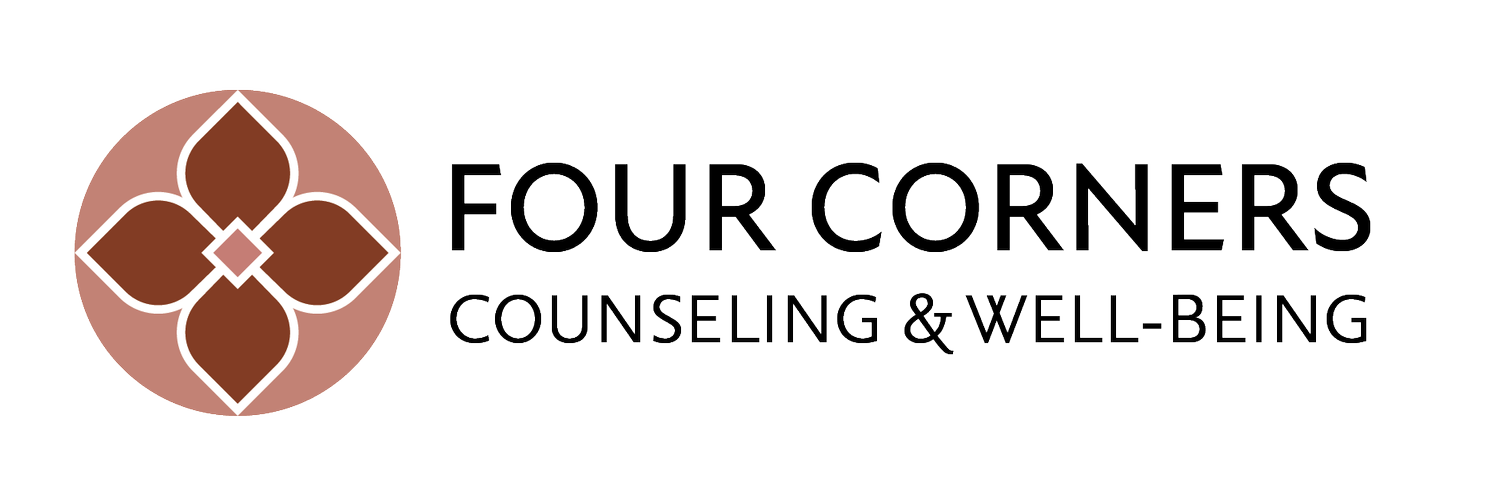Is it Ok to Not Feel Grateful?
Autumn is undeniably my favorite time of year. The season arrives with its usual invitations to gratitude - an immersive outdoor color show, crisp temperatures (for a northern gal who does not do heat), family gatherings on the horizon, and a keen sense that the year is in its final phase. In these times, I’m struggling to access those familiar feelings. Gratitude can feel like a luxury - out of touch - when dignity, safety, and human rights are threatened.
Last week, the Supreme Court declined to revisit marriage equality. I felt surprised by my own reaction when I read the news. Shouldn’t I be relieved; thankful? This decision exists in the midst of many other realities: escalating anti-LGBTQ+ legislation; dehumanizing rhetoric against queer and trans lives, immigrants, black and brown bodies, and a multi-faith community; a culture of polarization, weaponization, and fatigue. Thanksgiving can produce an expectation of gratitude, something everyone is supposed to feel. Today’s climate makes gratitude seem like a long lost friend. It’s difficult to celebrate even small wins. Where is the win in fear and uncertainty?
So, gratitude. Why does it feel this difficult? There is a cultural pressure to be thankful. Instead, I experience shame and invalidation for my real feelings. My body seems on alert, scanning my interior for danger triggers. Many LGBTQ+ people, myself included, feel vigilant; I brace myself for the next news headline. There is nothing wrong with my inability to express inauthentic gratitude; it’s a nervous system response. I yearn for spaciousness and stability.
Our Four Corners Counseling & Well-Being practice is rooted in Internal Family Systems (IFS). IFS invites us to be in relationship with our different parts - our feelings, thoughts, and sensations that occur in response to the world around us. This approach to understanding my Self helps me become aware of what’s happening in me given all that’s happening outside of me.
I have a fear part that worries about losing my rights; some members of my queer community already have.
A part of me is angry; it’s so tired of fighting.
I have a numb part; it’s shut down.
If I pay close enough attention, I discover a hope part; it’s trying to see the good, but feels overshadowed.
A helpful mantra I’ve learned is there are no bad parts. Many of my parts show up to protect me. I’m needing that protection right now! These are called managers and first responders. They want to prevent and suppress my pain. Right now, protective parts are overextended; in the overwhelm, gratitude is simply not the priority. IFS enables us, over time, to access our exiled parts. These parts carry deep wounds and vulnerabilities. Exiles are hidden by the hard work of our protectors. When we can understand all that they carry, our parts feel seen; healing begins. We become grounded. Gratitude may even emerge.
Gathering in the fullness of our identities is a form of resistance. LGBTQ+ people deserve to process fear, anger, numbness, and exhaustion; not just be grateful. In these times, the feeling of obligatory gratitude minimizes our experience. Check out our website to learn more about a new therapy group, In These Times. This group offers a shared queer space for connection, compassion, and collective healing. If gratitude feels complicated this season, you’re not alone. You’re welcome to join us.
Wherever this season finds you, may you meet your Self with gentleness and curiosity. I hope you show up exactly as you are.


